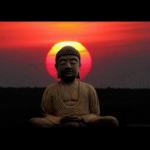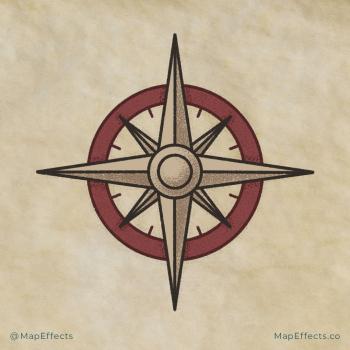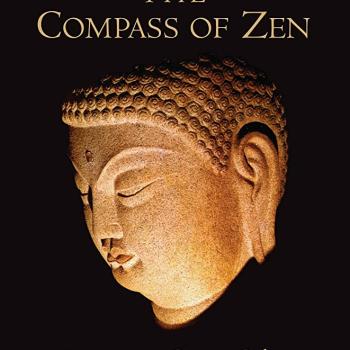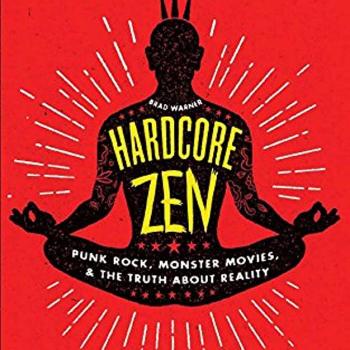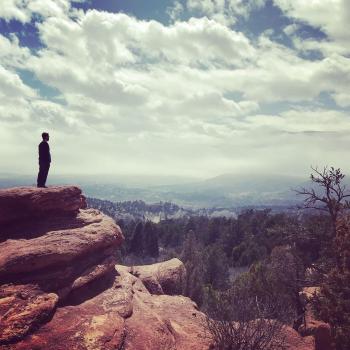Bodhidharma’s Vast Emptiness
This is Case 2 from the Book of Equanimity
Emperor Wu asked Bodhidharma, “What is the ultimate meaning of the holy truth of Buddhism?” Bodhidharma replied, “Vast Emptiness. No holiness.” The Emperor asked, “Who stands before me?” Bodhidharma replied, “I don’t know.” The Emperor was baffled. Bodhidharma crossed a river, arrived at Shorin, and faced the wall for nine years.
Emperor Wu heard of this renowned Buddhist teacher and invited him to his royal court to give teachings. He asked Bodhidharma what the ultimate truth of Buddhist teachings is and Bodhidharma refused to answer. Or, rather, his answer was Emptiness, nothing holy. And when asked, “Who are you?” Bodhidharma said, “I don’t know.”
What is emptiness? It’s that there’s nothing to hold on to. Everything is impermanent, nothing is fixed, even these teachings. That’s why there’s no ultimate holy truth. Even your own form is empty and impermanent. If we really examine the question, we all don’t know who we are. But we think we know. We believe we’re the content of our thoughts, beliefs, feelings, and judgments. But are we? Who’s to say?
We resist seeing that all things are empty and we are too.

